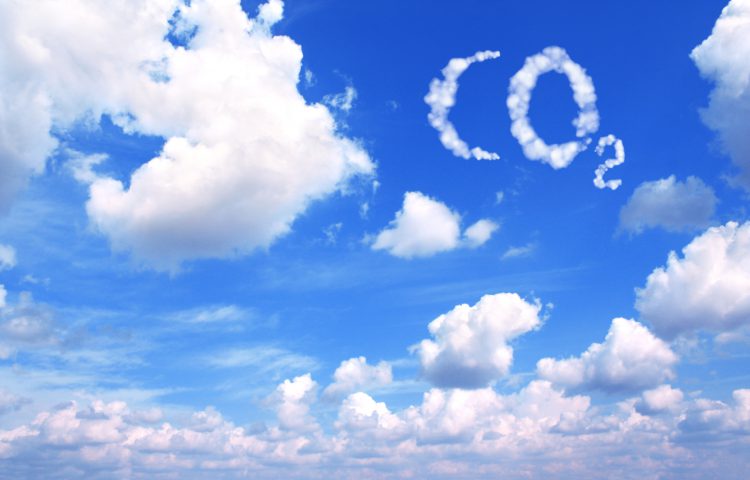Another California/Quebec carbon Credit Auction Shows Weak Results

On August 23, 2016, the Quebec and California Governments announced the results of the eighth Cap and Trade System Joint Auction, held earlier this month. The results show that only around 35% of the available greenhouse gas allowances (credits) offered for sale were purchased. Many of the credits that were sold in California were consigned by utilities, meaning that revenues did not go to the Government. In total, the Quebec and California Government proceeds from the auction were much less than may have been expected.
This is the second consecutive auction where many credits have gone unsold. As we discussed in an earlier post, only around 10% of the credits offered for sale in May 2016 were sold. Once again, as discussed in commentary found here and here, it seems that factors such as over-supply of credits already sold and uncertainty about the future of the cap and trade program in California have contributed to weak sales of credits in the August 2016 auction.
The weak sales in the recent Cap and Trade System Joint Auctions may signal problems for the Quebec and California Governments, who have planned to use the auction proceeds to fund a variety of programs. Presumably, this is also a cause for concern in Ontario. As we have previously discussed, the Ontario Government plans to fund its Climate Change Action Plan with the proceeds from the sale of credits (forecast at around $1.8 billion per year). If those proceeds are lower than expected in 2017 (during which year Ontario will have stand-alone auctions of credits) or in 2018 and beyond (during which time Ontario will be part of joint auctions with Quebec and California), then it can be expected that the scope of the programs under the Climate Change Action Plan will have to be revisited and reduced.

